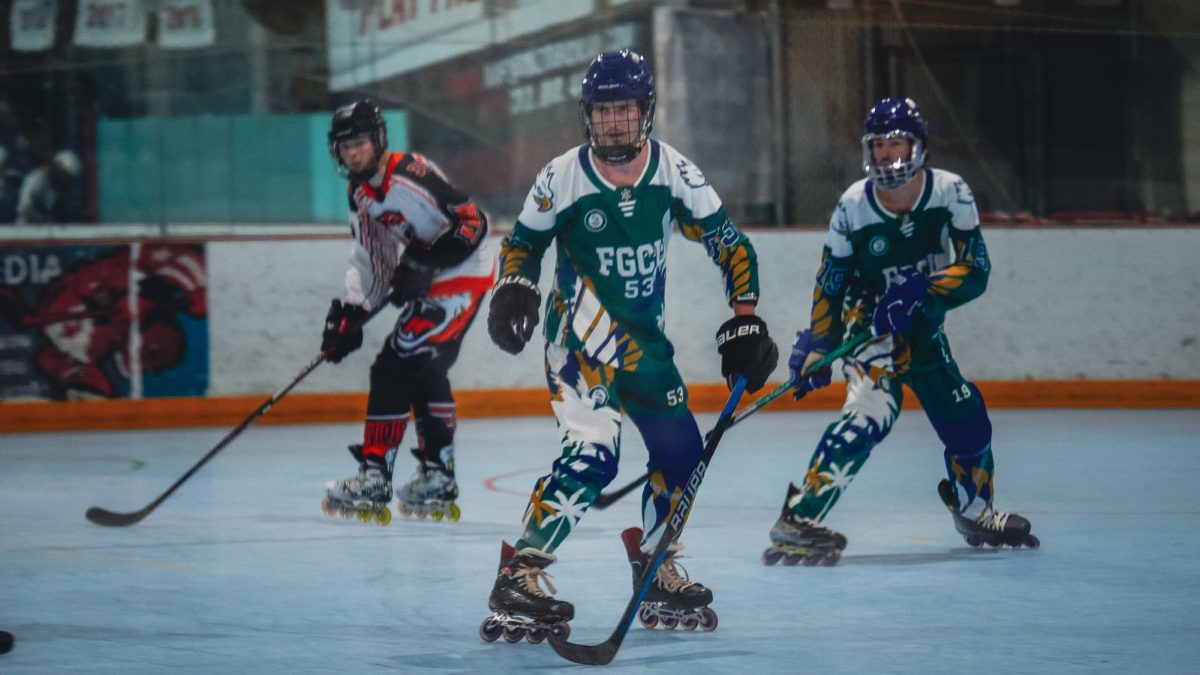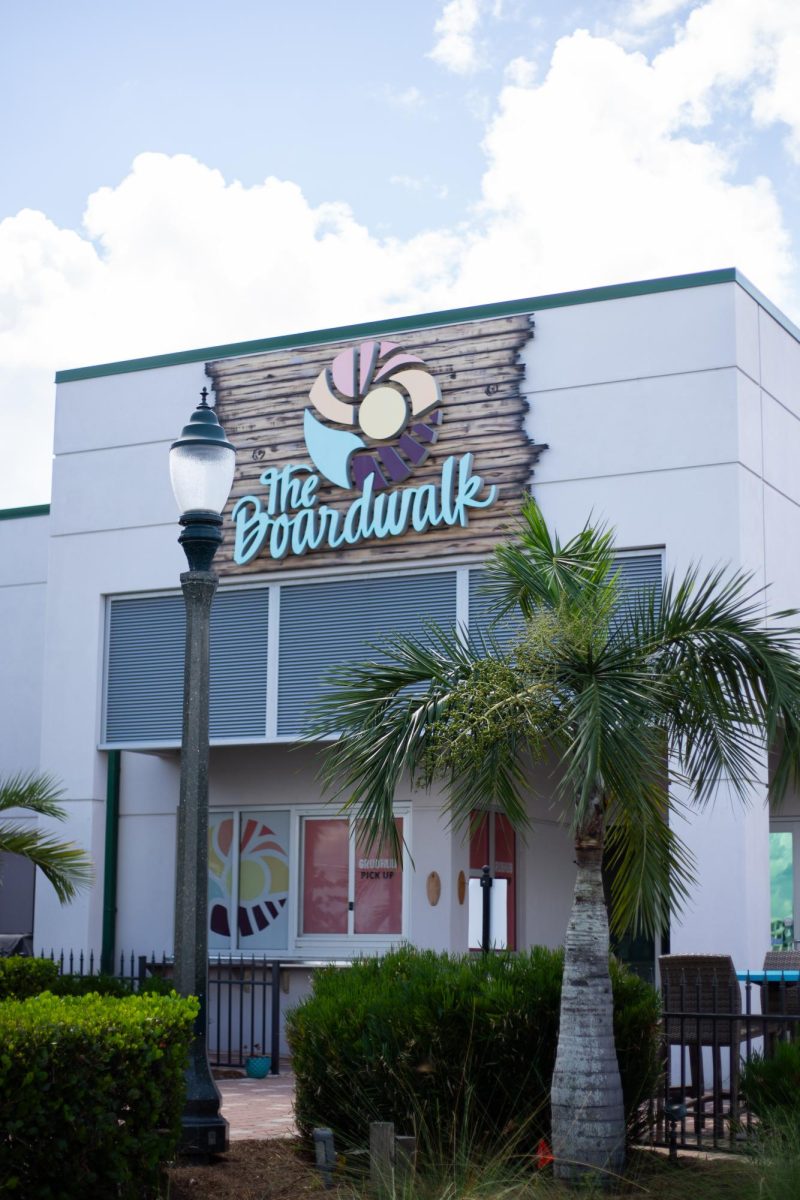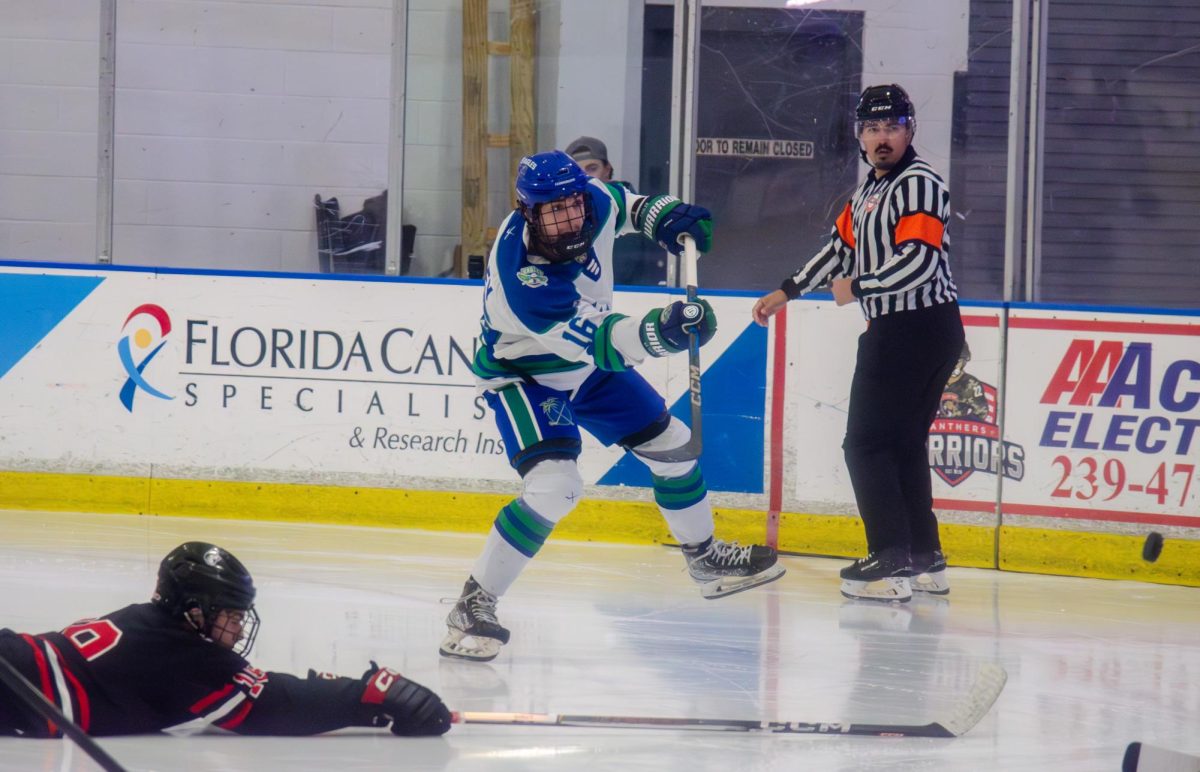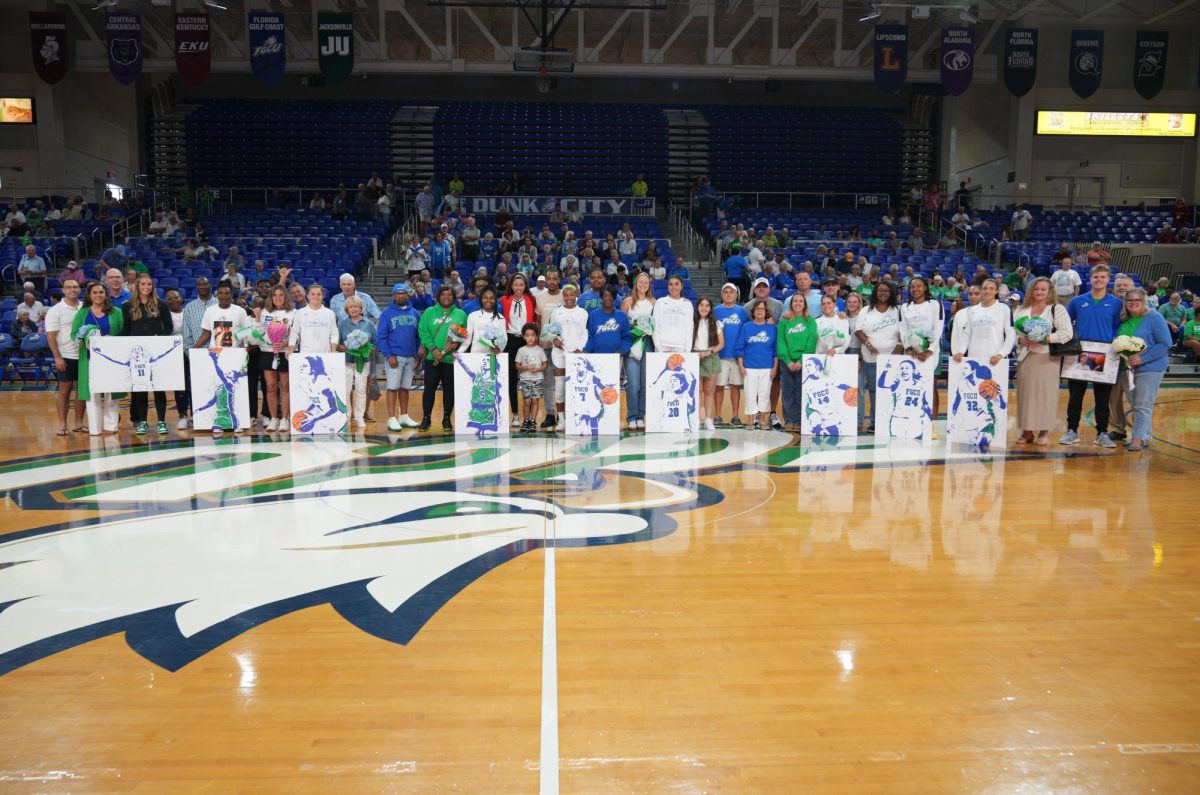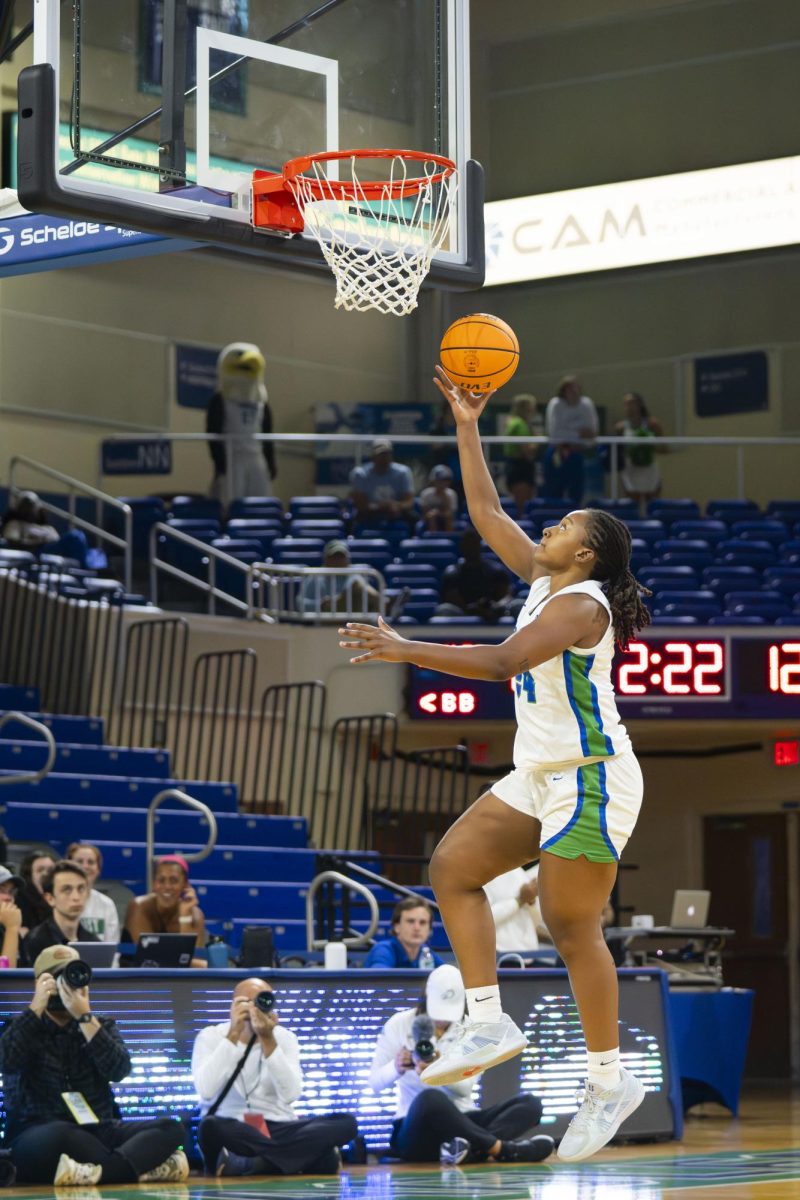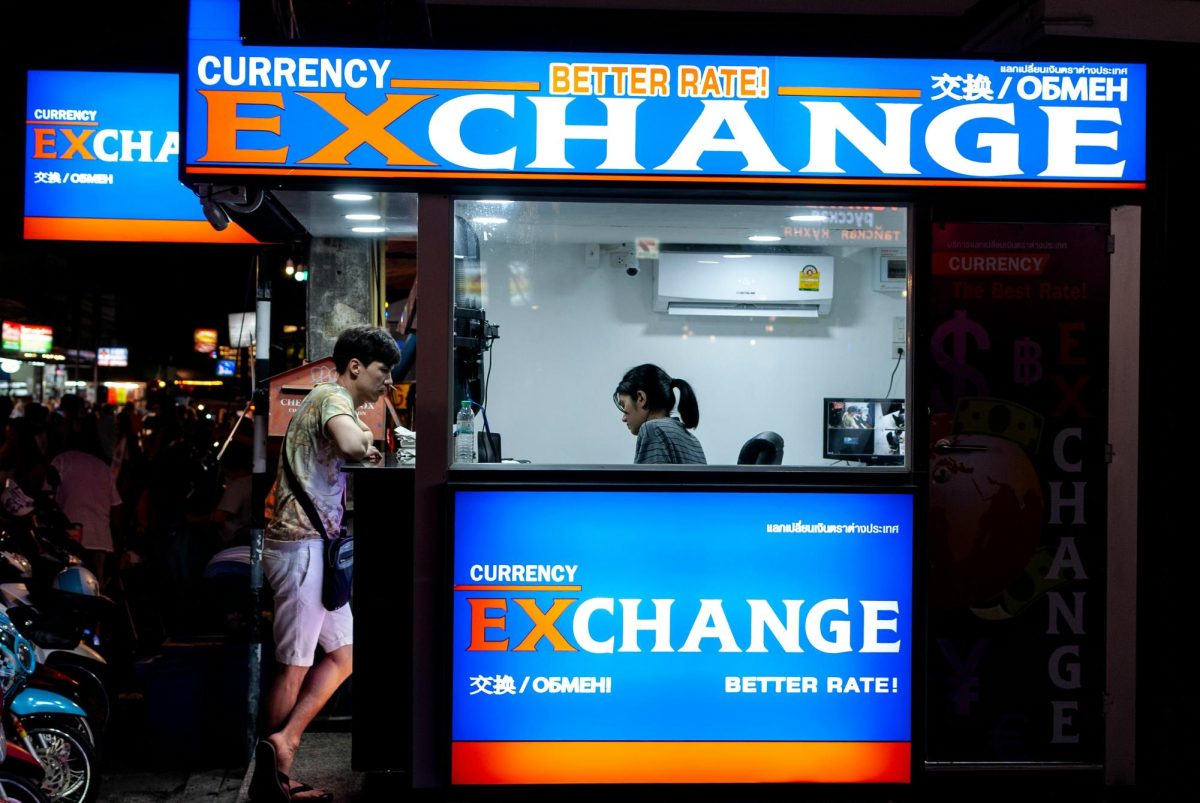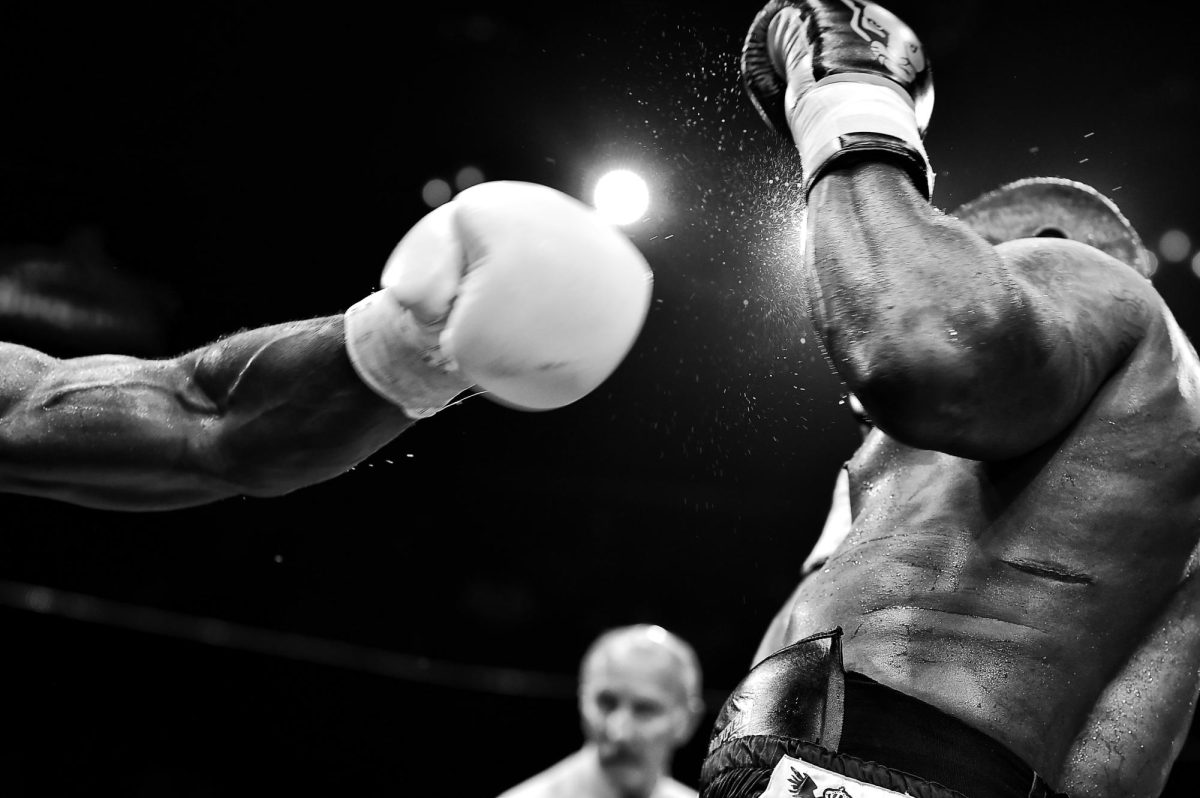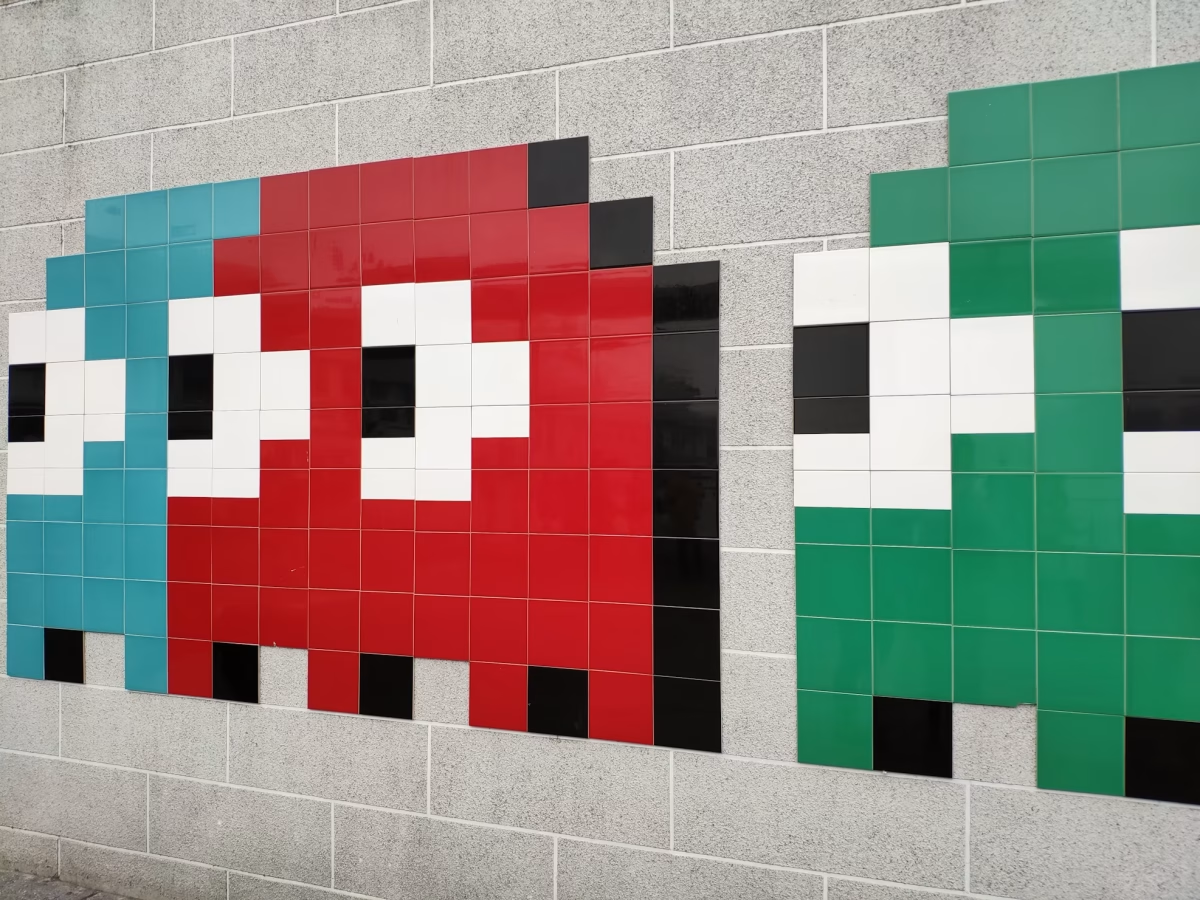The greatest threat of living in a city full of violence is losing your life. A close second is becoming desensitized to it.
Seven people were victims of two shootings in Fort Myers on Wednesday, Sept. 23. On Sunday, two more people were victims of yet another shooting in the area. One of the individuals injured is five years old. This is unbelievable. It’s frustrating to see so much violence, but the concerning part is that not everyone seems to feel the same way.
I was born and raised in Tegucigalpa, Honduras. Honduras is a Central American country that holds the highest homicide rate in the world, according to the United Nations. I’ve lived in a community that has seen just about every crime. This is exactly why I consider myself extremely fortunate to have been given the opportunity to come to college in the United States, a first-world country where crime rates are much lower. I am not only grateful to live in a place where there is less chance of me being a victim of violent crime, but also because I get to experience a different reality.
Fort Myers presents a reality where newspapers aren’t covering homicides on a daily basis and people aren’t used to discussing the latest acquaintance to be kidnapped over the dinner table.
Sofia Cuellar, a freshman majoring in business, is also an international student from Honduras and has had many experiences similar to mine.
“Here, I feel free to walk down the street or go grocery shopping without any fear of being attacked,” Cuellar said, “something I would never dare to do in Tegucigalpa. I think Americans get more scared when something violent happens because they are not used to this type of thing.”
In Fort Myers, many of its residents wave off violent acts or are unable to process the importance of such an issue. Contrary to what many might think, these situations in two difference parts of the world are not on opposite sides in the spectrum. Most people in Honduras have never known a different reality. They are used to what it feels like to hear of a crime in their community, but many Americans don’t live in this reality. In a majority of American neighborhoods, stepping outside your door isn’t a risk.
Then why are FGCU students, who call Fort Myers home — at least temporarily — acting like it’s not a big deal?
“To be honest, I was not aware of the degree of violence that was in Fort Myers,” Cuellar said.
Everybody seems to be aware of what happened, but not everybody is willing to do something to change it.
“I feel like they’re shooting random people,” said Brittney Marks, a sophomore Orlando native. “‘I’m not going to drive through MLK Boulevard, it’s completely unsafe.”
This situation is terrifying, not only because of the loss of human lives, but also because no civilians seem to be stepping up to help put an end to violence in their community. The real tragedy in Honduras is the desensitization to violent crimes occurring every day. Although natives of Honduras might not even bat an eye, FGCU students who have lived in the United States for their entire lives shouldn’t have the same response.
“I can’t do anything about it,” Marks said. “What do I look like?”
Crime can never be stopped anywhere. However, crime rates in Fort Myers are increasing at a hasty pace, and this has to be stopped. We are all responsible for pushing for change.
I know I can’t grab Thor’s hammer, put on a cape and start fighting crime, but I do know there has to be something I can do.
Nine people were injured in Fort Myers last week. We can’t take that back, but we can sure prevent this from becoming the norm.
What are you going to do about it? When?

